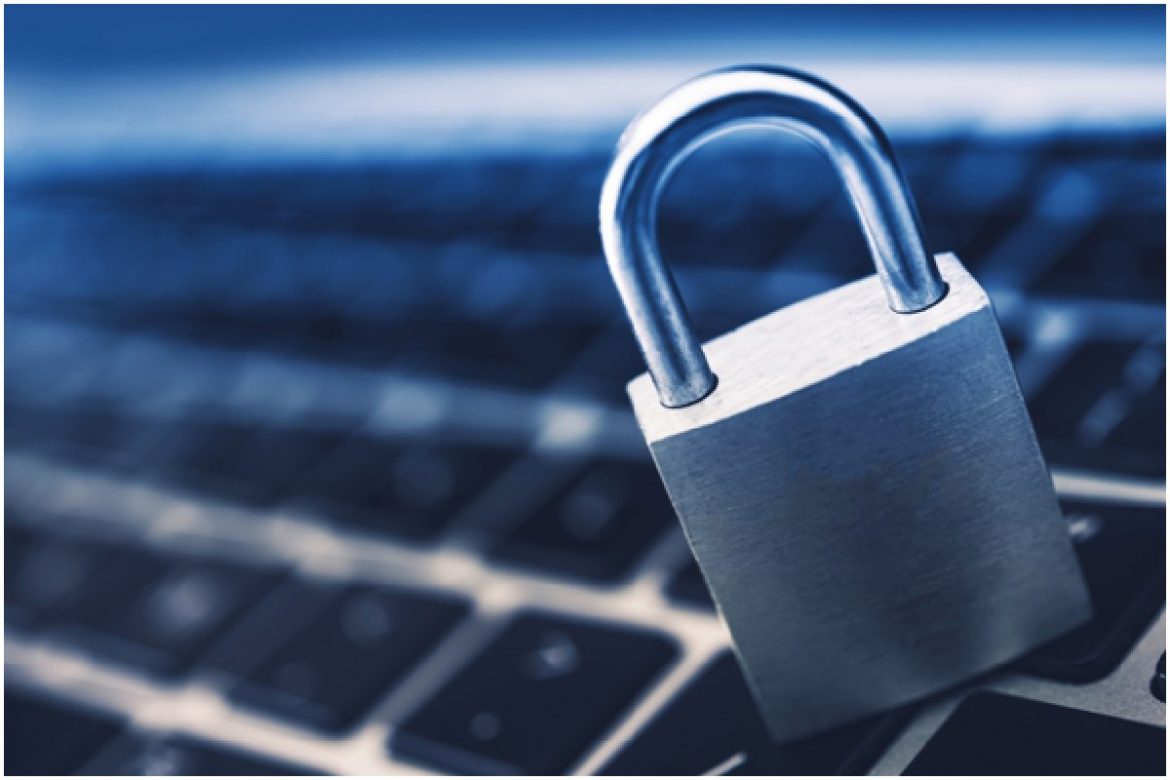Security First: 6 Valuable Tips for Staying Safe Online – Staying safe online is of vital importance in the modern era. A huge 350,000 pieces of malware or potentially unwanted applications are discovered every single day.
While malware is a big problem, it isn’t the only issue that’s standing in the way between you and online safety. Hackers, trackers, and a whole host of other nasties can also cause significant problems if you don’t take appropriate action.
In this guide, we’re going to take a look at how to stay safe online and what you need to do to avoid being infected with malware or otherwise compromised. By following these tips, your devices will stay safer and you can surf the web with confidence.
Ready to learn more? Then read on!
Table of Contents
1. Install an Anti-Virus and Firewall
Surfing the internet without an anti-virus program is like leaving your front door unlocked. While Windows Defender offers a decent level of protection and is on by default in Windows, you should still consider installing another anti-virus. There are a number of good, free anti-virus programs around, such as AVG, Avast, and Kaspersky.
If you are a Mac user, you are at less risk of infection than a Windows user, but you aren’t immune, so you should also install a free antivirus. The same goes for Linux users.
Unless for your own peace of mind, we would recommend not paying for an anti-virus. The extra protection is not worth the additional price.
All major operating systems come with a firewall. Make sure that yours is turned on.
2. Use Strong Passwords
If you use the same password for everything, you’re putting your security at risk. You should use a unique password for every login.
This is one of the most important tips for staying safe online. It’s natural, however, to question how you would remember all your different passwords. Well, you don’t have to!
Password managers like Lastpass, Keepass, and Bitwarden will generate secure passwords and then store them in their vaults. All you need to do is remember one master password.
It’s also worth checking Have I Been Pwned regularly. This website maintains a database of cyberattacks and the emails that were compromised. By searching your email, you can see whether you need to worry about changing your passwords or not.
3. Stop Being Tracked
When you’re online, you’re never truly anonymous. That being said, you can make yourself a lot harder to track if you do the right things. Installing privacy add-ons and telling your browser not to track you are a great start, but you need to go deeper than that.
Incognito mode is a blessing, as it keeps some searches and cookies away from your main account. If you want to avoid being tracked on iPhone or iPad, for instance, you can use incognito mode on iPhone iPad to stop your main account from being associated with your current searches. On desktop, that’s as easy as opening up a browser, going to the hamburger menu, then hitting “open incognito window” or similar.
If you want to be truly anonymous online, you can also use TOR, which anonymizes your traffic by sending it through a long chain of nodes. TOR can be slow, however. If you want good (but not perfect) privacy with great speeds, using a logless VPN is a much better option.
4. Avoid Sharing Personal Information Online
It can be easy to see the internet as something of a common area. A place where you’re free to talk about your life. To an extent, that’s true, but you should avoid sharing personal information online unnecessarily.
Posting about your name, relatives’ names, the school you went to, the pets you have, etc, can all help hackers guess your passwords. Think of the most common password reset questions: have you shared the answers to them online at any point?
Hackers could even pose as old school friends, long-lost relatives, etc. This technique is called social engineering. Make sure that you know who you’re talking to before you share your personal information on the internet.
5. Keep Your Devices Updated
Many of us forget to update our devices. We see that little notification on our desktop or in our phone’s notification center, and then we forget about it. This poses a massive problem for your device’s security.
When developers update their operating systems, it’s usually to fix security holes that have been discovered since the last revision. If you don’t update to the latest version, anyone can hack your device using these security holes.
Updating your device can be a hassle, especially as some large updates take a while, but it’s an important task and one that you should never neglect. Always keep your devices up to date!
6. Never Click On Suspicious Links
If you get sent a link in your messenger client or in an email, and it looks suspicious, do not click it. Attackers often spread viruses through hijacked domains and other problematic pages, so give links a wide berth unless you recognize the domain.
If you want to be extra secure, using Google Chrome or Microsoft Edge gives you access to features that block malicious pages. While you shouldn’t depend on these, they’re a good option if you’re prone to visiting the farthest reaches of the internet.
Staying Safe Online: Solved
We hope you now know more about staying safe online. It can seem like a difficult task, but by using these tips and your common sense, you’ll be able to stay safe while browsing the web.
For more helpful content like this, check out the rest of our blog!
KNOW MORE:- healthfinests


